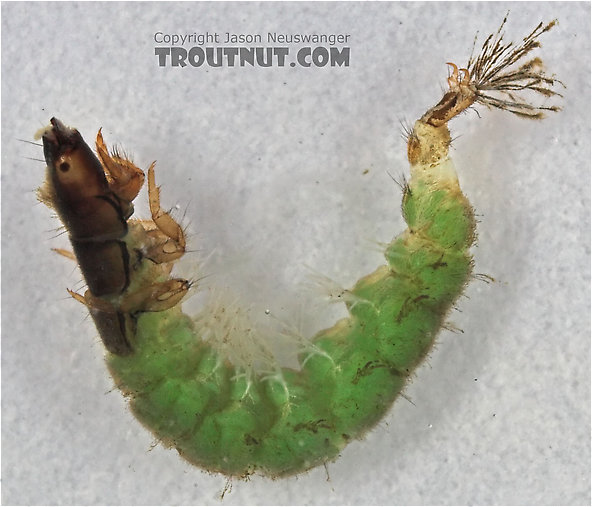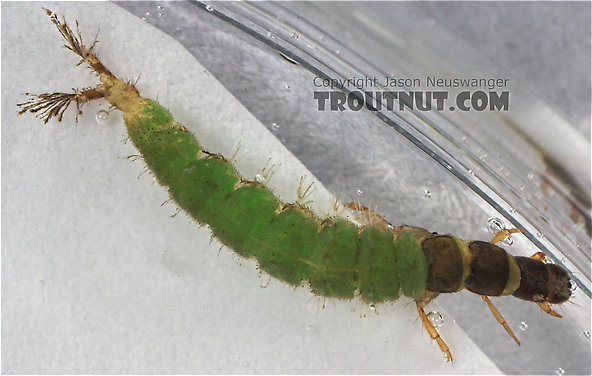I was reading something from The Immense Journey by Loren Eisley last night. Its the chapter where Eisley goes on and on about the abyss, the deep ocean, and how it was only secondarily colonized. this was back in the 40s or 50s when Eisley wrote it. He said that scientists used to think life developed and came from the deep but now we know that wasn't true.
30-50 years later, Hydrothermal vent ecosystems based entirely on chemosynthetic bacteria that oxidize sulfur were discovered and now the hypothesis is that life likely developed in places like that. Yet Eisley, a rather good scientist and physical anthropologist, an intelligent person, was so sure that life couldn't have originated down there.
We didn't have all the information, we still don't have all the information.
30-50 years later, Hydrothermal vent ecosystems based entirely on chemosynthetic bacteria that oxidize sulfur were discovered and now the hypothesis is that life likely developed in places like that. Yet Eisley, a rather good scientist and physical anthropologist, an intelligent person, was so sure that life couldn't have originated down there.
We didn't have all the information, we still don't have all the information.





